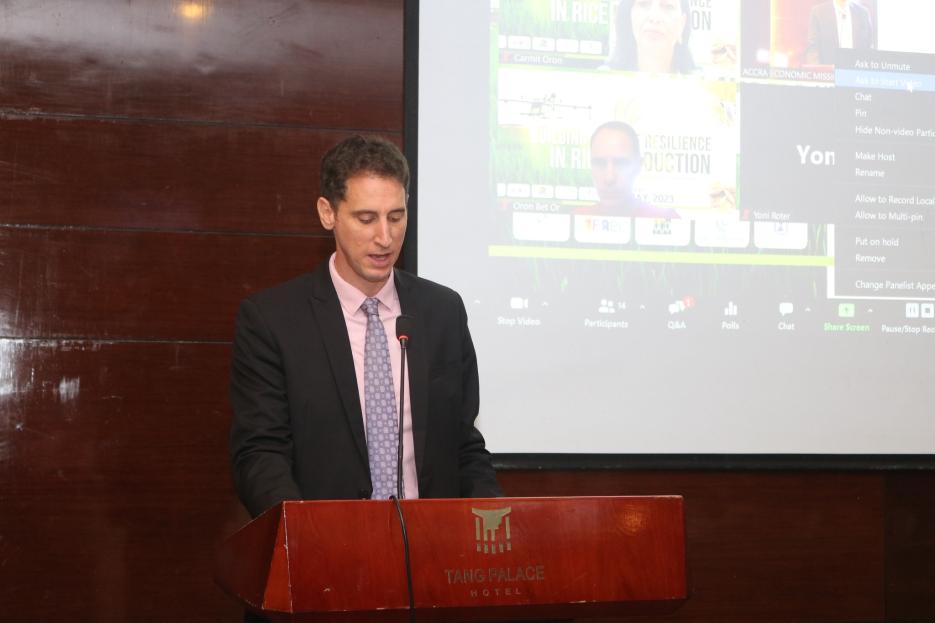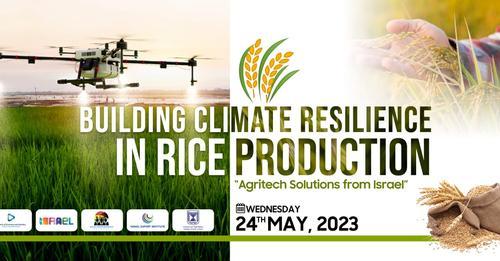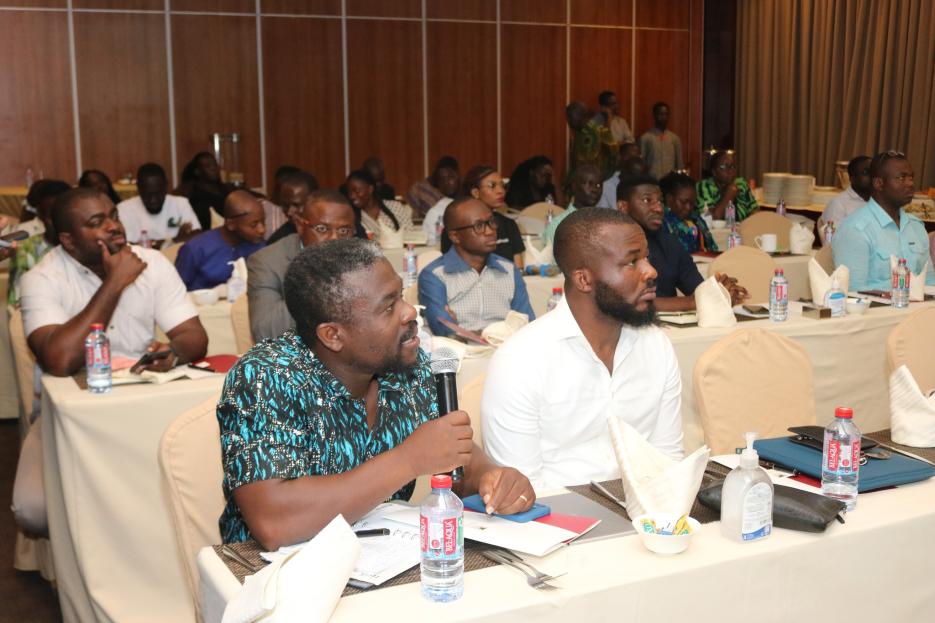Rice is an essential crop in West Africa and plays a vital role in regional food security for both rural and urban populations. Produced by low-income smallholders across the entire region, rice plays a key role in regional food security for rural and urban populations.

Rice is an essential crop in West Africa and plays a vital role in regional food security for both rural and urban populations. Produced by low-income smallholders across the entire region, rice plays a key role in regional food security for rural and urban populations.
As rice production is practiced across the entire region in all climate zones and is dominantly rain fed. Key risks from the increasing variability of climate events has resulted in the disruption of the growing season calendars, shortening of the cropping season, and exacerbated dry spells, droughts, and heatwaves. It has also created greater likelihoods of floods, shortage of irrigation water, strong winds and storms, and changes in incidences and geographic range of pests and diseases – all of which has led to substantial rice yield reductions or crop failure. As a result, building climate resilience in rice production has become a top priority for West African countries such as Ghana.

In building climate resilience in rice production, it is important to rely on well-researched innovative technologies. Also, increase in rice yields can address several critical challenges such as responding to increase in rice consumption needs; strengthening livelihoods of rice farming communities; diversification of economic activities along the rice value chain; improving the overall national economic well-being; freeing up hard currency – previously used for rice imports – for other national needs, and contributing to political stability.
It is at the back of this that our Economic and Trade Mission on May 24 2023 partnered with the Ghana Professionals Network to organize a breakfast forum under the theme, Building Climate Resilience in Rice Production in Ghana. This forum among many others galvanized key actors from private, public and research institutions to share learnings and best practices to generate rapid responses to help develop climate resilience in rice production in Ghana. The overall objective of the forum is to introduce innovative Israeli technologies that can help improve the climate resilience of rice production in Ghana.

Through this forum, the Economic and Trade Mission to Ghana introduced participants and stakeholders to some key Israeli companies such as Ndrip, Salicrop, CropX, Netafim and Yields App. These companies have developed some of the world’s most innovative solutions in rice production which are very much needed in Ghana to support the rice industry.
END
